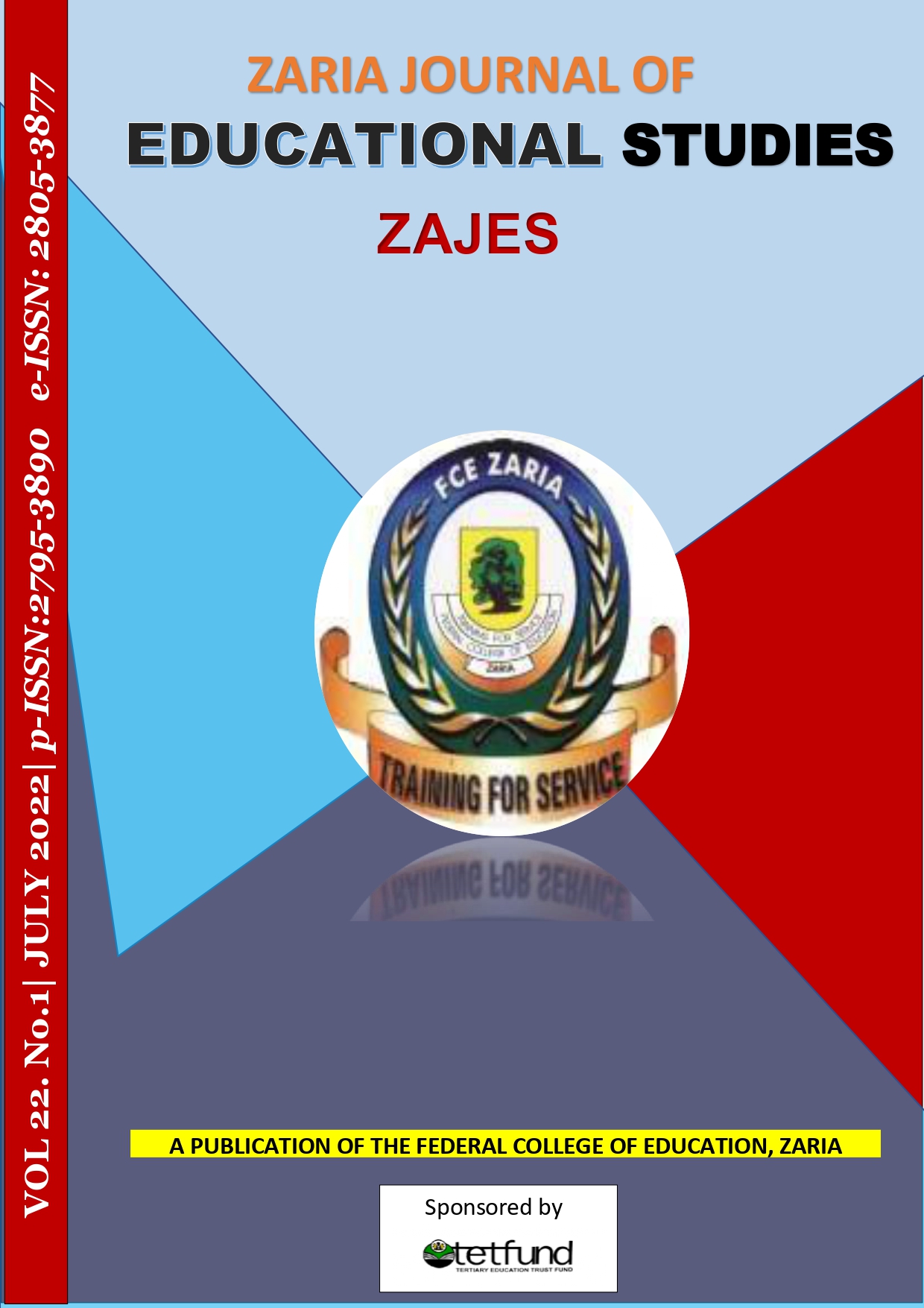Analysis of the Historical Development of Adult Literacy Education in Kano State, Nigeria, from 1960 to 2015
Keywords:
Adult, Literacy, Kano State, Government, Challenges, State, GovernmentAbstract
This research aims to trace the historical development of Adult literacy education (in Western terms) in Kano State, from independence to the 21st Century, and the challenges that confronted the programme. The methodology used for the writing of this paper is purely historical. In the course of this study, both primary and secondary sources were used in analyzing the data collected. And it was revealed that, since independence, various governments in the State had strived to promote and sustain adult literacy education. In the 1980s, kano state set the pace for adult literacy and won the UNESCO Literacy Award twice within ten years. Since then, subsequent governments have struggled to sustain these efforts by reforming the system through capacity strengthening. However, the work concluded that despite its past glory in adult literacy, Kano State had one of the highest rates of illiterates in the country, which stemmed as a result of several challenges that include inadequate funding, which brought about the inadequacy of instructors, equipment and teaching/learning material, economic barriers etc. in this vain, the paper recommended that, the government need to commit more of the existing State budget to both formal and especially non-formal basic education, to ensure that all citizens have access to adequate educational opportunities, which would help them to develop themselves, as well as to strive to develop and implement rapid and sustained economic growth, policies and programmes, that would help in alleviating poverty in the society as a whole, to enhance individuals capacity to participate in the literacy programme.

